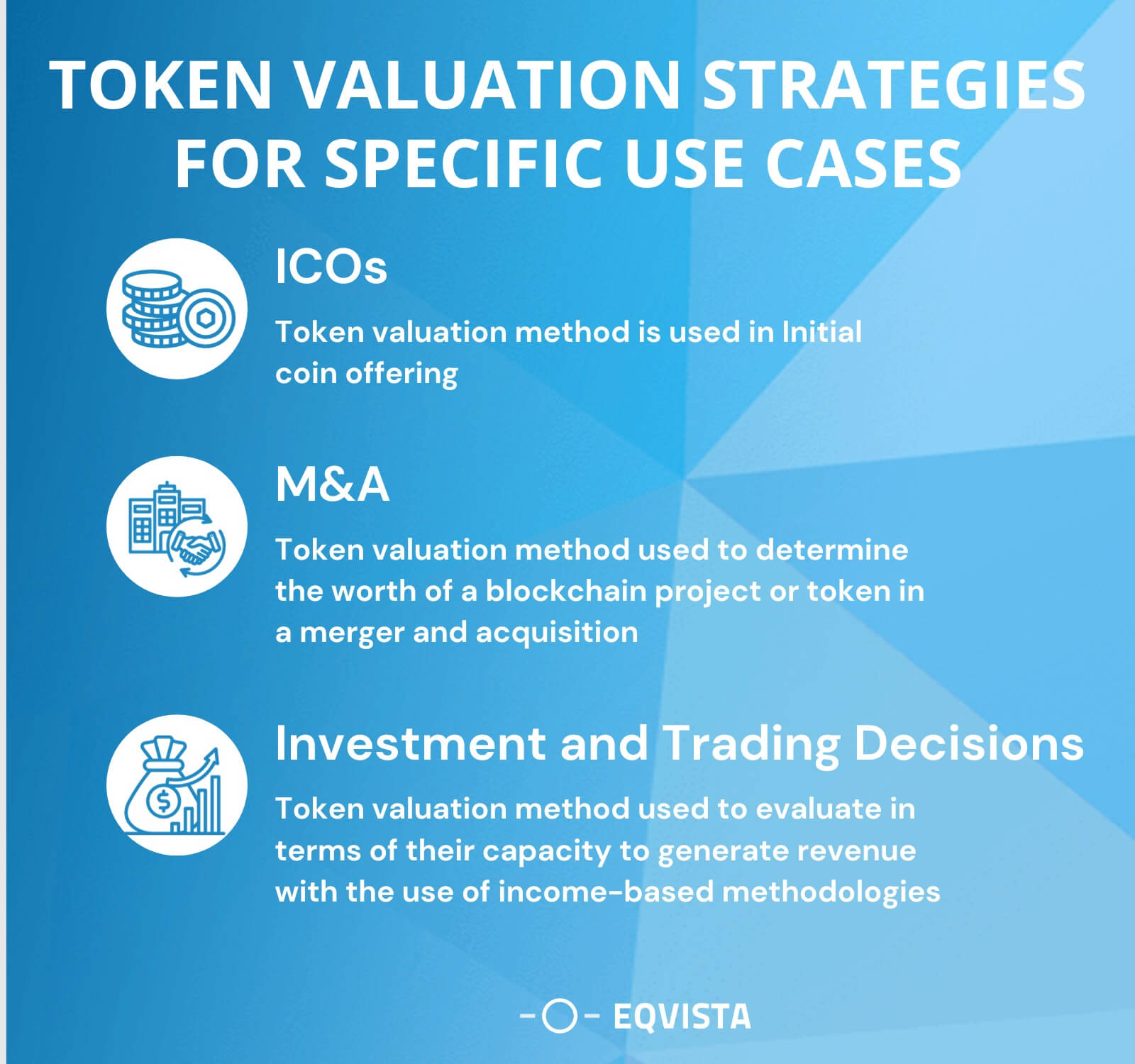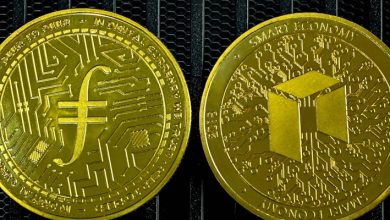Evaluating Token Use Cases and Adoption

- Understanding the importance of token use cases
- Analyzing the factors influencing token adoption
- Exploring successful examples of token use
- Challenges in implementing token use cases
- Measuring the impact of token adoption on industries
- Future trends in token adoption and use cases
Understanding the importance of token use cases
Understanding the significance of token use cases is crucial in evaluating the potential adoption of a cryptocurrency. Token use cases refer to the specific purposes or functions that a token serves within a blockchain ecosystem. These use cases can vary widely, from providing access to a platform’s services to facilitating transactions within a decentralized network.
By analyzing the token use cases, investors and users can gain a better understanding of the utility and value of a cryptocurrency. Tokens with clear and practical use cases are more likely to attract interest and investment, as they offer tangible benefits to their holders. On the other hand, tokens with vague or limited use cases may struggle to gain traction in the market.
When evaluating token use cases, it is essential to consider factors such as the scalability of the project, the demand for the token, and the potential for growth in the future. Tokens that address real-world problems or provide innovative solutions are more likely to succeed in the long run. Additionally, tokens that offer unique features or advantages over existing cryptocurrencies may have a competitive edge in the market.
Analyzing the factors influencing token adoption
When analyzing the factors influencing token adoption, it is crucial to consider various aspects that can impact the success of a token use case. One key factor is the utility of the token – how useful it is in facilitating transactions or accessing services within a particular ecosystem. Tokens that offer clear benefits and solve real-world problems are more likely to be adopted by users.
Another important factor to consider is the network effect – the idea that the value of a token increases as more people use it. A strong network effect can drive adoption as users see the benefits of joining a growing community. Additionally, regulatory considerations play a significant role in token adoption. Tokens that comply with relevant regulations are more likely to gain trust and acceptance from users and investors.
Furthermore, market demand and competition are crucial factors to analyze when evaluating token adoption. Understanding the needs and preferences of target users, as well as the competitive landscape, can help token issuers position their tokens effectively in the market. Additionally, factors such as technology scalability and security are essential to consider to ensure that the token can handle a growing user base and protect user assets.
Exploring successful examples of token use
One successful example of token use is in the gaming industry, where tokens are used as in-game currency to purchase virtual goods and services. This has proven to be a lucrative business model for many game developers, as players are willing to spend real money on tokens to enhance their gaming experience. By offering tokens as a form of payment, game developers can increase player engagement and monetization opportunities.
Another successful example of token use is in the realm of decentralized finance (DeFi). DeFi platforms utilize tokens to facilitate peer-to-peer lending, borrowing, and trading without the need for traditional financial intermediaries. This has democratized access to financial services and provided users with greater control over their assets. The use of tokens in DeFi has gained significant traction in recent years, with many platforms experiencing exponential growth in adoption and value.
Furthermore, tokens are being used in the real estate industry to represent ownership of properties. Through tokenization, real estate assets can be divided into smaller, more liquid units that can be bought, sold, and traded on blockchain platforms. This has opened up new investment opportunities for individuals who may not have had access to traditional real estate markets. Tokenization of real estate assets has the potential to revolutionize the way properties are bought and sold, making the process more efficient and transparent.
In conclusion, exploring successful examples of token use across various industries highlights the versatility and potential of tokens as a means of value exchange. Whether in gaming, DeFi, or real estate, tokens have proven to be a valuable tool for increasing engagement, democratizing access to financial services, and revolutionizing traditional markets. As the adoption of tokens continues to grow, it will be interesting to see how they shape the future of finance and commerce.
Challenges in implementing token use cases
Implementing token use cases can present various challenges for organizations looking to adopt this technology. One of the main obstacles is the complexity of integrating tokens into existing systems and processes. This can require significant resources and expertise to ensure a seamless transition.
Another challenge is the regulatory environment surrounding tokens, which can vary greatly from one jurisdiction to another. Organizations must navigate these legal complexities to ensure compliance and avoid potential legal issues.
Additionally, there may be resistance from stakeholders within the organization who are hesitant to embrace this new technology. Overcoming this resistance and gaining buy-in from key decision-makers is crucial for successful token adoption.
Furthermore, the security of token use cases is a major concern for organizations. Ensuring the protection of sensitive data and preventing unauthorized access to tokens is essential for maintaining trust and credibility.
In conclusion, while there are many benefits to implementing token use cases, organizations must be prepared to address these challenges in order to successfully adopt this technology.
Measuring the impact of token adoption on industries
Measuring the impact of token adoption on industries is crucial for evaluating the effectiveness of token use cases. By analyzing how tokens are being utilized in various sectors, we can gain valuable insights into their potential benefits and drawbacks. One way to assess the impact of token adoption is to look at the changes in efficiency, transparency, and security that tokens bring to different industries.
For example, in the healthcare industry, token adoption can streamline processes such as patient data management and supply chain tracking. By using tokens to securely store and transfer sensitive information, healthcare providers can improve data accuracy and reduce the risk of fraud. This increased efficiency can lead to cost savings and better patient outcomes.
In the financial sector, token adoption can revolutionize payment systems and make transactions faster and more secure. By leveraging blockchain technology, tokens can facilitate cross-border payments and eliminate the need for intermediaries, reducing transaction fees and processing times. This can benefit both consumers and businesses by making financial transactions more efficient and cost-effective.
Overall, measuring the impact of token adoption on industries is essential for understanding the potential benefits and challenges of integrating tokens into existing systems. By evaluating how tokens are being used in different sectors, we can identify opportunities for improvement and innovation. As token adoption continues to grow, it will be important to monitor its impact on industries and adjust strategies accordingly to maximize the benefits of this emerging technology.
Future trends in token adoption and use cases
The future of token adoption and use cases is promising as blockchain technology continues to evolve and expand into various industries. Tokens are becoming increasingly popular as a means of facilitating transactions, raising capital, and incentivizing user participation.
One of the key trends in token adoption is the rise of security tokens, which represent ownership of real-world assets such as real estate, company shares, or commodities. Security tokens offer investors a more regulated and secure way to invest in assets, providing greater transparency and liquidity compared to traditional investment methods.
Another emerging trend is the use of utility tokens in decentralized applications (dApps) to access specific services or products within a blockchain ecosystem. Utility tokens can be used for voting rights, access to premium features, or as a form of payment within a platform. This trend is driving the growth of token economies and creating new opportunities for businesses to monetize their products and services.
Furthermore, non-fungible tokens (NFTs) have gained significant traction in recent years, enabling the tokenization of unique digital assets such as art, collectibles, and virtual real estate. NFTs are revolutionizing the way we buy, sell, and own digital assets, opening up new possibilities for creators and collectors alike.
Overall, the future of token adoption is bright, with new use cases and applications emerging across various industries. As blockchain technology continues to mature and become more mainstream, we can expect to see tokens playing an increasingly important role in the global economy.




